Riding Mowers & Tractors: How do I charge a dead battery on my riding mower?
During the off-season, the battery can lose its charge. Charge the battery fully before storing your tractor for the winter. You may also need to charge the battery again before starting the tractor in the spring.
Replace the battery if it won't charge. If you charge the battery with an external charger but the battery drains when you're running the tractor, then the engine's alternator could be the problem. The alternator recharges the battery and powers the tractor while the engine runs. To check whether the alternator's charging the battery, use a multimeter to measure the DC voltage at the battery with the engine running. You should measure between 13 and 14 volts. If not, then you may need to replace the alternator.
When your mower's battery is dead and you need to mow right away, use the tips in our video to safely jump-start the mower.

THESE REPAIRS MAY HELP SOLVE YOUR RIDING MOWERS & TRACTORS PROBLEM
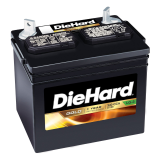
Replace the riding mower battery
If the riding mower or lawn tractor engine doesn't make any noise when you try to start the mower, it might be time to replace the lawn tractor battery. A good indicator that the lawn tractor needs a new battery is if you charge the battery, and it loses the charge quickly.
Riding mower battery
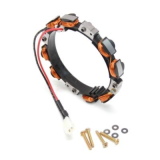
Replace the riding mower alternator
The alternator attaches to the engine under the flywheel and generates power for the tractor while the engine is running. The alternator also recharges the battery while the engine runs. If the engine won't start because the battery drains while running the tractor, the alternator could be at fault. Check DC voltage at the battery with the engine running. You should measure between 13 and 14 volts. If not, then you may need to replace the alternator.
Riding mower alternator
Most common symptoms to help you fix your riding mowers & tractors
Choose a symptom to see related riding mower and lawn tractor repairs.
Main causes: punctured tire or inner tube, leaky valve stem, damaged wheel rim…
Main causes: clogged carburetor, damaged flywheel key, dirty spark plug, stale fuel, improper valve lash, engine needs a…
Main causes: worn or broken ground drive belt, bad seat switch, transaxle freewheel control engaged, transaxle failure, …
Main causes: damaged tie rods, bent or worn wheel spindle, worn front axle, damaged sector gear assembly…
Main causes: engine overfilled with oil, leaky head gasket or sump gasket, damaged carburetor seals, cracked fuel pump, …
Main causes: shift lever needs adjustment, neutral control needs adjustment…
Main causes: worn or broken blade belt, broken belt idler pulley, blade clutch cable failure, bad PTO switch, damaged ma…
Main causes: damaged cutting blade, worn deck pulley, damaged mandrel pulley, loose fasteners on mower deck components…
Main causes: faulty battery, bad alternator…
Most common repair guides to help fix your riding mowers & tractors
These step-by-step repair guides will help you safely fix what’s broken on your riding mower or lawn tractor.
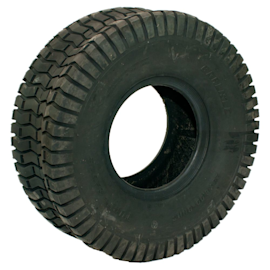
How to replace a riding lawn mower rear tire
Your mower can’t run on a damaged rear tire. Here’s how to install a new one.…
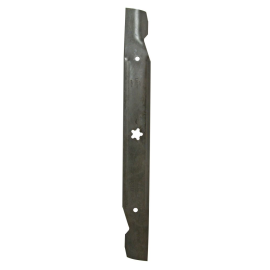
How to replace a riding lawn mower blade
If a blade on your mower is dull or bent, replace it following the steps in this repair guide.…
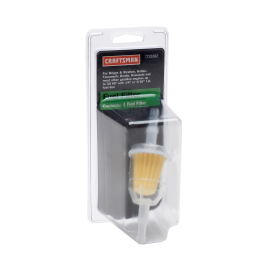
How to replace a riding lawn mower fuel filter
Help your mower run better by replacing the fuel filter during your riding mower's annual tune-up.…
Effective articles & videos to help repair your riding mowers & tractors
Use the advice and tips in these articles and videos to get the most out of your riding mower or lawn tractor.

Learn about all the convenient features on our Sears PartsDirect website that make your parts purchases easier.…
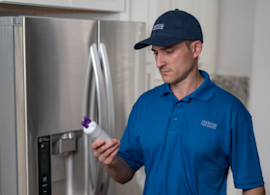
Get answers to frequently asked questions about Sears and Sears PartsDirect.…
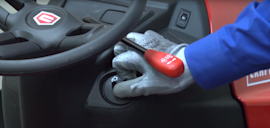
Check the starter solenoid, starter motor, wiring, battery and engine.…